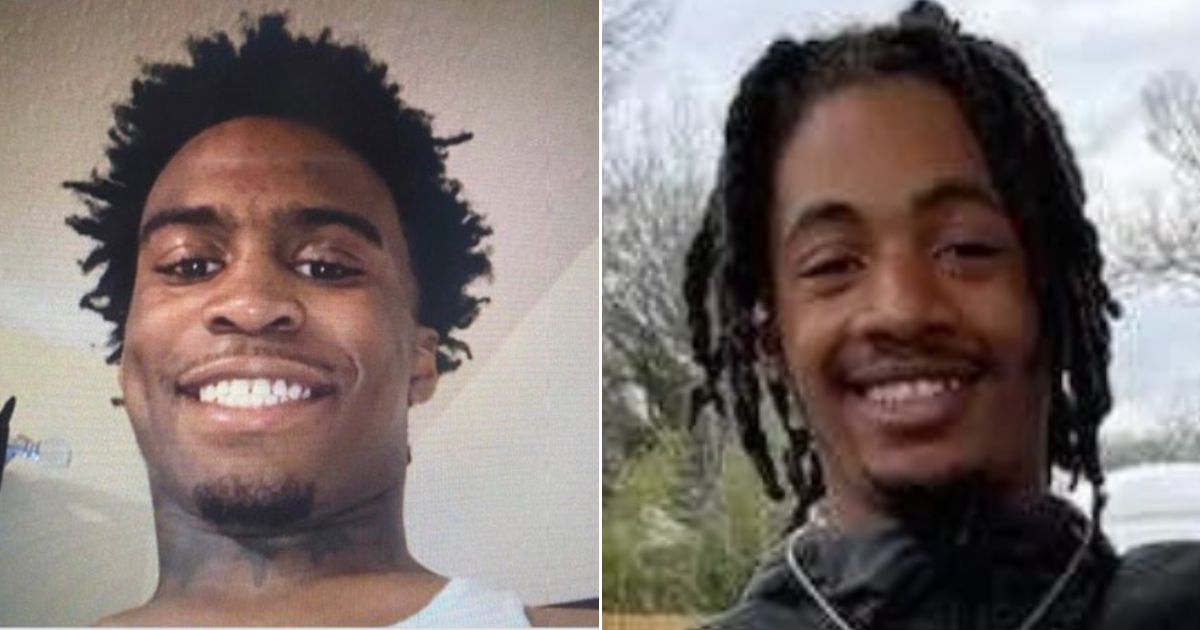Evil has decided to tarry in Memphis, Tennessee for a while.
Less than a week after the alleged kidnapping and murder of teacher Eliza Fletcher, who was abducted while out for a jog, four people were killed in a shooting rampage that was partially streamed on social media.
Ezekiel Kelly, the 19-year-old accused of the crime, had been released from prison early this March. He’d pleaded guilty to a lesser charge of aggravated assault in 2021 after initially being charged with two counts of attempted first-degree murder, possession of a firearm and reckless endangerment with a deadly weapon. While sentenced to three years behind bars, he was released after only 11 months.
If Memphis seems afflicted with more than its fair share of evil, however, there’s also a lot more good in the community — and you need look no further than Dewayne Tunstall, the first identified victim in the shooting spree.
According to Memphis’ WREG-TV, police said Tunstall was among four people visiting a friend named Marcus Cash. Kelly was also part of the group.
“During a conversation, Kelly allegedly pulled Tunstall to the side, pulled out a handgun, and fired several shots, striking Tunstall in the head. In a now-deleted Facebook live streamed by Kelly, he admitted to shooting and killing Tunstall along with several other people,” WREG reported.
“Police found Tunstall with a gunshot wound. He was pronounced dead at 1:04 a.m., a few minutes after first responders arrived.”
Tunstall, 24, was a father — and he’d also made the news more than eight months ago for helping out a stranger at a gas station.
Olivia Jennings told WREG in December that she was joking around with two young men who were at the station.
“I was teasing him about all the orange juice they were buying,” Jennings said. One of the men — Tunstall — offered to buy her gas for her.
“I thought he was teasing and I pulled out my credit card, and I said, ‘oh it’s OK, I got it.’ He said, ‘no, ma’am, I really want to buy your gas.’ I said, OK.”
Jennings wanted to pay him back somehow — and did it via a viral photo.
“The young man is about the same age as my son,” Jennings said. “I would just like to know if he did something kind, people would at least say something. You know, you’re a good kid. They are doing the right thing.”
Thus, this picture circulated online after the encounter:
This is 24-year-old Dewayne Tunstall he was also killed during Wednesday’s shooting rampage in Memphis. The young father is being remembered as an entrepreneur and for his generosity. WREG highlighted him last year when paid for a woman’s gas.
MORE >>> https://t.co/U9z9IGqqQx pic.twitter.com/NcrE4PbalM
— Jordan James (@JordanJamesTV) September 9, 2022
At the time, Jennings said the viral photo showed how there was plenty of light in Memphis, despite all of the darkness that surrounds its residents.
“It was absolutely great for everybody coming together saying yes, you are right Memphis has good youth,” she said. “No matter what you say, we’ve got them. They are everywhere.”
Tunstall has, alas, been claimed by that darkness. There’s plenty of it around, too. According to data released in July of this year, Memphis is the second-most violent city in America, with 4.55 violent crimes per 1,000 individuals.
Yet, there’s still more light than darkness. Evil just has a way of making headlines. If it didn’t, it wouldn’t be an aberrance.
How to fix the problem? We can start by ensuring that evil is punished accordingly. Both of the accused in the high-profile crimes that made national news from Memphis had been released from prison early — in Kelly’s case, very early.
Policing is needed — and not along the happy-clappy leftist community policing lines. Defunding the police and replacing them with mental health interventionists won’t stop violent crime. Officers on the ground will.
Like so many other cities in the United States that have seen skyrocketing crime rates during the pandemic, officials in Memphis must realize that evil is tarrying because it’s found a foothold.
It won’t be an easy task to remove that foothold. There are plenty of good people willing to contribute, however — if not for themselves, then in memory of other good people, like Dewayne Tunstall.
This article appeared originally on The Western Journal.

























 Continue with Google
Continue with Google